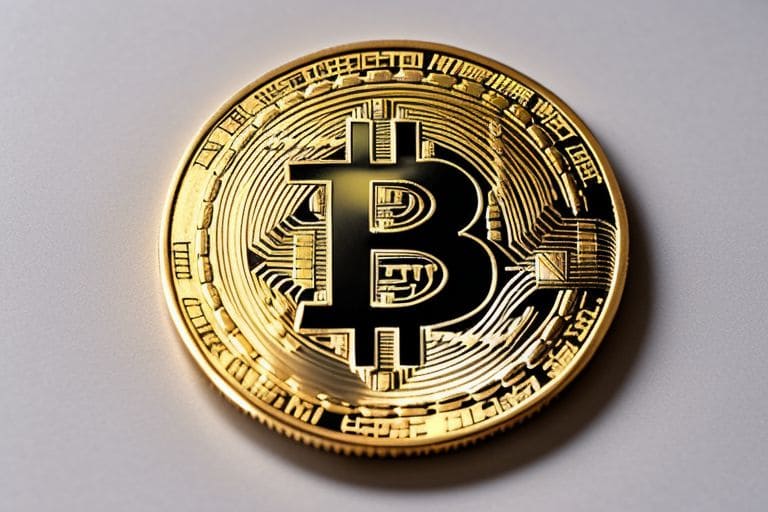The cryptocurrency ecosystem is witnessing a tectonic shift as decentralized exchanges (DEXs) emerge as formidable challengers to their centralized counterparts. These innovative platforms, built on the principles of decentralization and trustless transactions, are gaining traction among traders seeking greater control, transparency, and security over their digital assets.
The Rise of Decentralized Exchanges
Centralized exchanges (CEXs) have long dominated the cryptocurrency trading landscape, acting as intermediaries between buyers and sellers. However, their centralized nature has raised concerns over security vulnerabilities, lack of transparency, and potential censorship or interference from third parties.
In response, decentralized exchanges have emerged as a viable alternative, offering a peer-to-peer trading environment without the need for a centralized authority. These platforms leverage blockchain technology and smart contracts to facilitate secure, transparent, and trustless transactions, putting the control back into the hands of users.
Pioneers in the DEX Space
Several notable decentralized exchanges have garnered significant attention and adoption in recent years. Uniswap, a leading DEX built on the Ethereum blockchain, has become a benchmark for decentralized trading, boasting a substantial trading volume and a thriving ecosystem of decentralized applications (DApps).
Other prominent players in the DEX space include PancakeSwap, SushiSwap, and Curve Finance, each offering unique features and catering to different segments of the crypto community.
The Advantages of Decentralized Exchanges
Decentralized exchanges offer several key advantages over their centralized counterparts, making them increasingly attractive to traders and investors alike:
- Enhanced Security: By eliminating a central point of control, DEXs significantly reduce the risk of hacking, theft, and other security breaches associated with centralized platforms.
- User Autonomy: Users retain full control over their funds and private keys, eliminating the need to trust a third party with their assets.
- Censorship Resistance: The decentralized nature of DEXs makes it virtually impossible for any single entity to censor or manipulate transactions, ensuring a truly open and censorship-resistant trading environment.
- Transparency: DEXs operate on public blockchains, providing transparency into trade execution, order books, and overall platform operations.
- Composability: DEXs can seamlessly integrate with other decentralized finance (DeFi) protocols, enabling users to access a wide range of financial services and products within a single ecosystem.
Challenges and Limitations
While decentralized exchanges offer compelling advantages, they are not without their challenges. Scalability issues, user experience complexities, and limited liquidity have been cited as potential barriers to mainstream adoption. However, ongoing developments in blockchain technology and the increasing adoption of layer-2 scaling solutions are expected to address many of these challenges.
The Future of Decentralized Finance
As the decentralized finance (DeFi) ecosystem continues to evolve, decentralized exchanges are poised to play a pivotal role in shaping the future of finance. By offering a trustless, transparent, and secure trading environment, DEXs are empowering users to take control of their financial transactions and challenging the dominance of centralized platforms.
With the growing interest from institutional investors and regulatory bodies, the adoption of decentralized exchanges is likely to accelerate, fostering innovation and competition within the cryptocurrency trading landscape.
Conclusion
The emergence of decentralized exchanges represents a paradigm shift in the world of cryptocurrency trading. By leveraging the power of blockchain technology and smart contracts, these platforms are challenging the status quo and offering users a more secure, transparent, and autonomous trading experience. As the DeFi ecosystem continues to mature, decentralized exchanges are poised to play a pivotal role in reshaping the future of finance, creating a more inclusive and democratized financial system for all.


